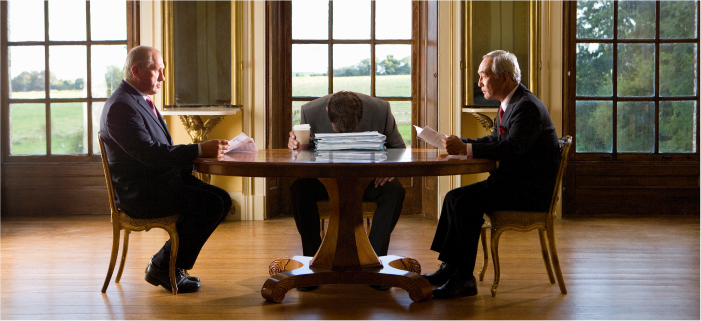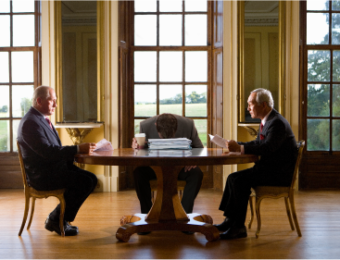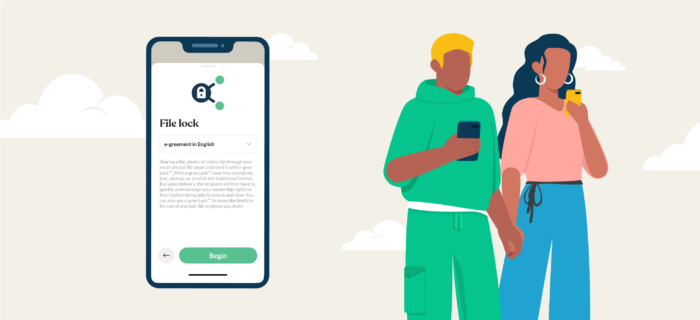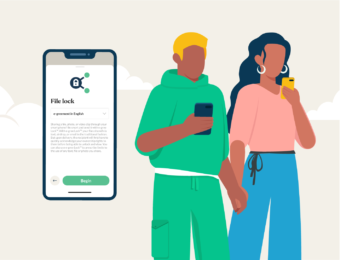 ">
">2 min read
Your legal rights as content
Life, Liberty and Property: Three natural human rights that centuries of philosophizing have concluded belong to each and every one of us. We all have an intuitive understanding of our right to life and liberty, if only from watching crime dramas where even the most dastardly of criminals is expected to receive painstaking due process before seeing his freedom (or life) taken away. But what of this Right of Property? That’s a little harder to conceptualize. It certainly doesn’t get as much airtime on your favorite streaming channel. That’s changing though because it turns out that our Right to Property is about to have its moment in the sun.
In the 1600’s, John Locke, the Father of the same kind of thinking that founded the United States, first described the Right of Property as being that right, inherent in each of us, to take and use our skills, assets, and labor to create something of value with which we can then use to engage and exchange with others. This general definition of Property stands up today and sure sounds a lot like what today we call “Content”: Something of value that each of us produces and creates. And the Right of Property is our Right, once we have produced and created Content, to distribute that Content to anyone who will pay for it.
Now, as most of us know, we are in the midst of an unprecedented Content Revolution the likes of which even John Locke could not have predicted. Mobile technology has completely transformed not only what we consider to be Content, but also the way Content is created, how it is distributed, who distributes it, and how, when and where is it consumed.
The result, thus far, of this Content Revolution is that the Content Creator has been given much more control and power over the creation and distribution of his or her Content. For example, filmmakers need not rely on movie studios for finance or on theaters for exhibitions. Musicians go from mix-tape to social media with no input from A&R executives. The same goes for authors, artists, inventors, and entrepreneurs. Technology has allowed each of them to reach out directly to the consumers of their particular Content. Those consumers, meanwhile, are armed 24/7 with smartphones and they are using them every waking minute to access, view, and, importantly, share (read: further distribute) that Content. The result is a Golden Age of Content where Content Creators, with the help of technology, possess both direct control over their Content and the wide-open ability to rapidly distribute that Content.
Which brings us back to that Right of Property. Our current system of lawyers, courts, judges, and juries acts as gatekeepers for those seeking to contractually engage with others. And while, the legal system has done a good job of educating us about “getting it in writing” what this has meant in practice is taking valuable time to meet with a lawyer and then paying through the nose for that degree on his wall.
And God forbid if you ever need to enforce your rights. The current legal system forces you to avail yourself of a court system where resources are stretched thin, procedures favor the moneyed, and justice is sure to be delayed. In this day and age, such a system is unacceptable.
When it comes to our Legal Rights, each of us is just like those Content Creators described above. We should therefore have as much direct control over distributing that Content and the newly opened avenues for distribution that any other Content Creator enjoys by virtue of the available mobile technology and related infrastructure. And the fact that this particular Content needs to be distributed with some necessary legal protections wrapped around it should not in any way interfere with that direct control.
Fortunately, e-gree understands the connection between Legal Rights and Content. e-gree has constructed a framework designed to ensure that its users can transact, engage, negotiate and contract with anyone instantly on a global scale and that the resulting User-created Content is delivered with the necessary legal protections to ensure the User’s Legal Rights remain intact. The e-gree app works precisely because it recognizes that each person’s natural Right to Contract makes that person a Content Creator and that in this Golden Age of Content we know that nothing should stand between a Content Creator and his or her Consumer.
The traditional legal system is outmoded because it still sees your Legal Rights as within their domain requiring that they maintain control over how your Legal Rights should be distributed. E-gree wants to put control over the distribution of your Legal Rights where it belongs. With you, The Rights Owner. The Content Creator.















